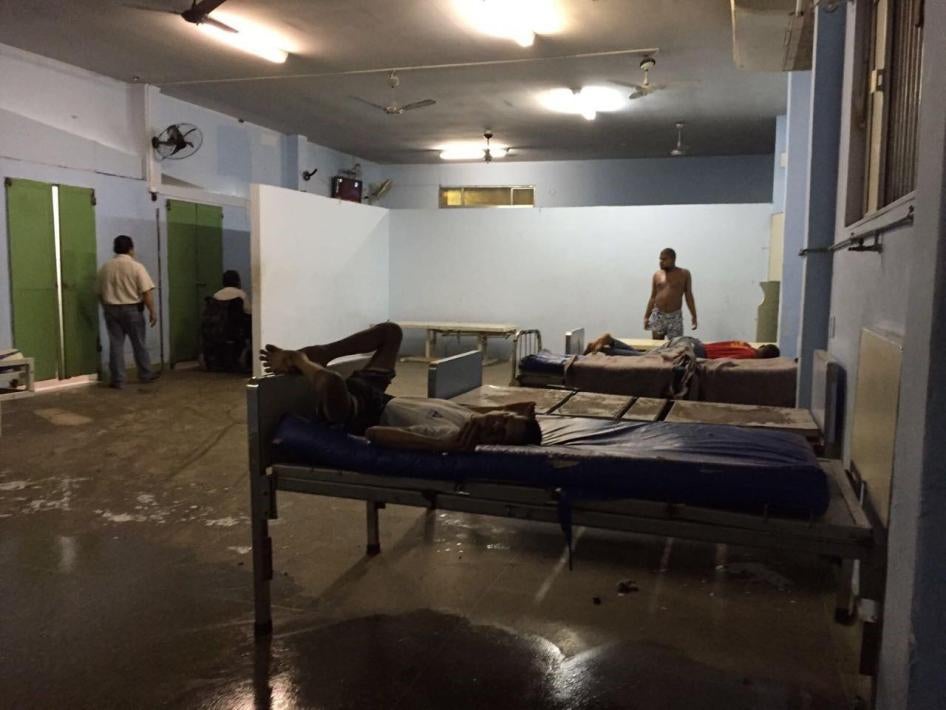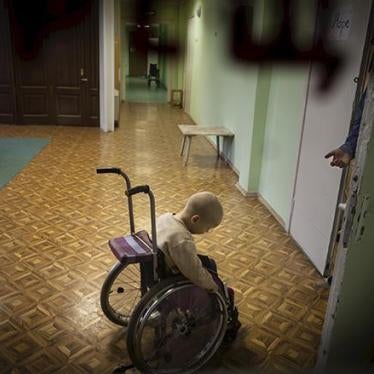On May 6, Brazil’s National Secretariat of Social Assistance published a federal regulation aimed at preventing the spread of Covid-19 in institutions for people with disabilities and homes for older people. The regulation, which provides guidelines for protection measures in institutions, could be crucial to saving lives, if fully implemented, amid the rapidly growing number of cases in Brazil.
The new set of rules gives recommendations to officials to reduce the number of staff going in and out of institutions, take steps to ensure social distancing, create emergency plans for managing infections, and isolate people confirmed or suspected of having Covid-19.
Crucially, the regulation urges authorities to look for alternatives to institutionalization by safely moving people with disabilities and older people temporarily out of institutions and into homes to live with relatives, with monitoring and support, or into hotels, with proper support and services.
With more than 26,000 Covid-19 fatalities, Brazil has become an epicenter of the disease. While President Jair Bolsonaro has downplayed the gravity of the crisis, some federal agencies are taking measures to protect the public.
Covid-19 can spread rapidly and poses particular danger to people living in close proximity to others. A 2018 Human Rights Watch report exposed that many of the approximately 10,000 people with disabilities in Brazil’s residential institutions live in overcrowded and often unhygienic conditions, where they can experience neglect as well as limited or no access to healthcare.
In an April 24 letter, Human Rights Watch urged federal, state, and municipal authorities in Brazil to immediately adopt guidelines on Covid-19 prevention and mitigation in institutions for people with disabilities.
While the federal government did not respond, many of the letter’s recommendations are included in the May 6 regulation.
Human Rights Watch has repeatedly called on the government to ensure the right of people with disabilities to live independently in the community, which means they should have the right to choose where and with whom they live, rather than being confined to institutions. While the new regulation doesn’t go this far, it is an important step in pursuing alternatives to institutionalization that should be made permanent.
|
Dispatches
People in Institutions in Brazil at Risk from Covid-19
New Regulation Important Step Towards Better Rights Protection
Your tax deductible gift can help stop human rights violations and save lives around the world.
Tags
Most Viewed
-
November 25, 2019
A Dirty Investment

-
June 3, 2025
“They’re Ruining People’s Lives”

-
January 25, 2024
“We’re Dying Here”

-
April 27, 2021
A Threshold Crossed

-
November 19, 2012
Losing Humanity






